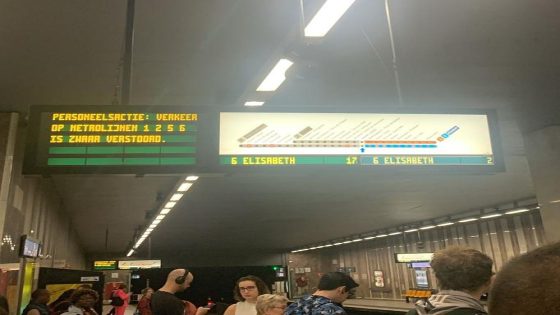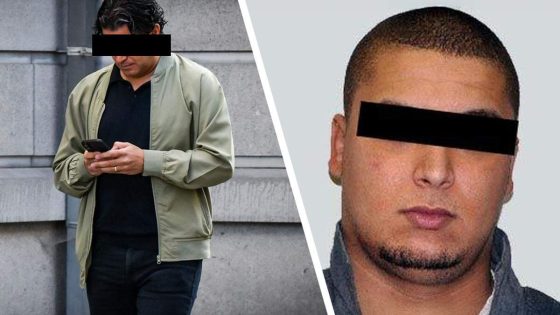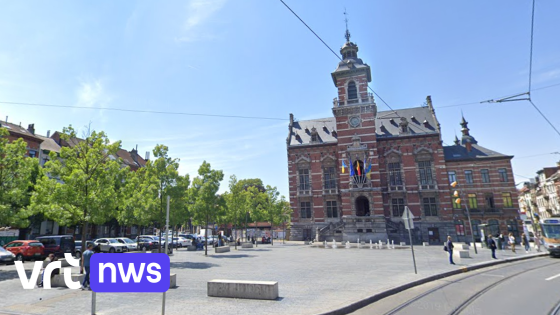Metro disruptions in Brussels have caused significant inconvenience for commuters on 13 May 2025. A spontaneous staff strike led to a temporary halt of metro services on all lines, following an earlier brief interruption on lines 2 and 6 that morning. By 13:10, the metro operator MIVB confirmed that the strike had ended, but normal service restoration might take some time.
- Metro lines 2 and 6 interrupted briefly
- Spontaneous staff strike halted all metro lines
- Recent incidents triggered metro personnel protest
- Aggression and vandalism during cup final reported
- Technical defects and smoke caused delays
- Metro service resumed after staff protest ended
The primary cause of the staff walkout was a series of recent incidents on the metro network, including acts of aggression and vandalism during the recent cup final. These events, combined with technical issues and smoke incidents on lines 2 and 6, have heightened tensions among metro drivers, prompting the unexpected work stoppage.
What does this mean for daily commuters and the future stability of Brussels’ metro services? The following summary provides clarity on the situation and its local impact.
Why did metro drivers decide to strike without union backing? The spontaneous nature highlights growing frustration over safety and operational challenges. Could this signal deeper issues within Brussels’ public transport system? Key points to consider:
- Recent aggression and vandalism during major events have damaged metro infrastructure.
- Technical faults and smoke incidents on lines 2 and 6 have repeatedly disrupted services.
- The strike was not union-organized, indicating grassroots employee dissatisfaction.
- Restoring full metro service will require time, affecting commuters’ routines.
As Brussels works to resolve these challenges, will metro authorities implement stronger protections and maintenance protocols? Commuters are encouraged to stay informed and plan alternative routes during recovery periods to avoid further delays.

































